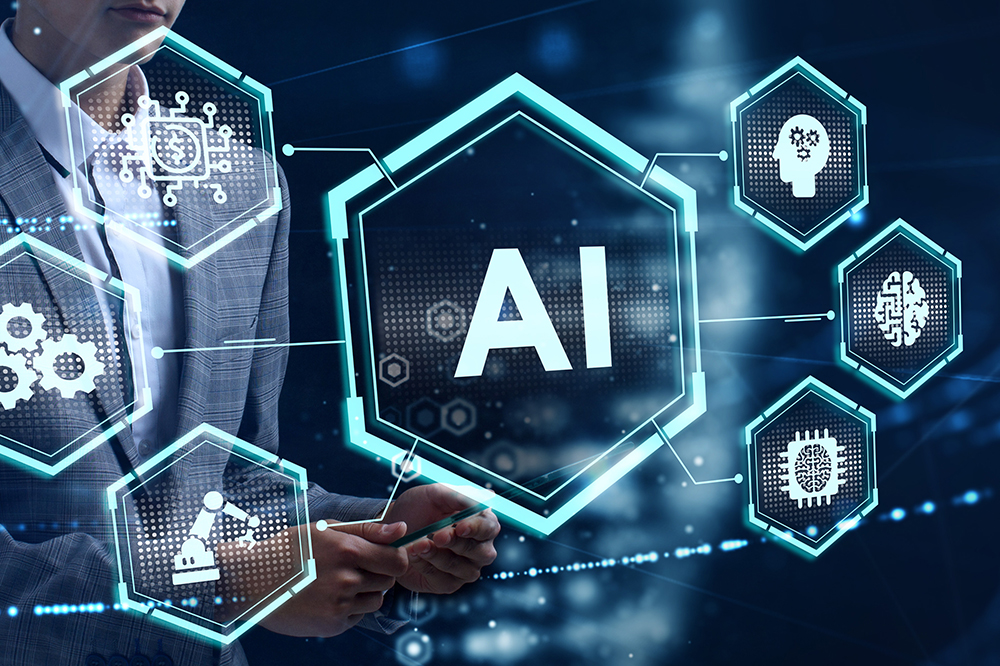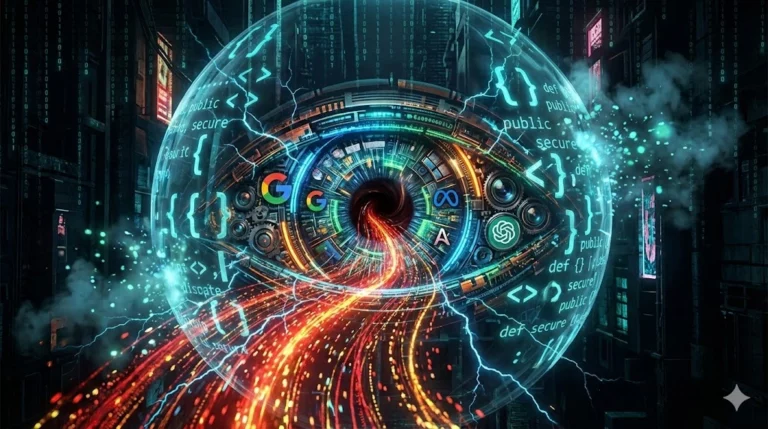In recent years, Artificial Intelligence (AI) has been a huge source of interest and speculation. AI has the potential to change how we live and work, from self-driving cars to Siri and Alexa. But with all the talk about AI, it can be hard to tell what’s true and what’s not. In this article, we’ll look past the hype to see what’s really going on in the world of AI.
What really is AI and how do we benefit from it?
It’s crucial to understand that AI encompasses a group of technologies with diverse applications, not a single technology. For example, machine learning, which is a branch of AI that involves teaching computers to learn from data, has become more popular over the past few years. Two additional types of AI are deep learning, where computers learn to identify patterns in large data sets, and computer vision, where computers learn to interpret and comprehend images and videos.
Even though AI is getting a lot of attention, it’s important to remember that it’s still in its early stages of development. Significant advancements in AI have been achieved in recent years, yet much work remains before AI can permeate all industries. Currently, AI applications primarily serve niche markets such as finance, healthcare, and retail, streamlining work and enhancing accuracy. Despite these benefits, AI is yet to be utilized to its full potential.
What are some practical benefits of AI for all of us?
Let me list some very interesting fields that AI can help and make life easier in general. I have listed below ten answers:
- AI automates menial tasks, freeing human employees to focus on imaginative work and maximizing output.
- By analyzing vast amounts of data, AI provides valuable insights, elevating human decision-making acumen.
- Leveraging AI in medical diagnosis, pharmaceuticals, and therapy planning revolutionizes healthcare and improves patient well-being.
- Implementing AI in autonomous vehicles and air traffic control enhances security by reducing the potential for human error.
- AI enhances the quality of life for people with disabilities through the creation of assistive technologies.
- Personalized learning and adaptive testing enabled by AI allows students to learn at their own pace.
- AI improves customer service by providing faster and more efficient support.
- Facial recognition and fingerprint analysis powered by AI aid law enforcement in solving crimes more rapidly and accurately.
- AI reduces energy waste and saves money by optimizing energy usage in homes and businesses.
- AI tracks and predicts natural disasters, offering better protection of the environment and reducing human impact on the planet.
Despite the enthusiasm, it’s vital to remember that artificial intelligence is still in its infancy. There have been numerous notable improvements in recent years, but there is still considerable work to be done before AI is widely used across all industries. Most AI applications are being employed in specialized domains such as banking, healthcare, and retail. While these programs assist to enhance efficiency and accuracy, they are not being used to their full potential.
What about the ethical considerations?
However, AI’s fast progress causes significant ethical considerations. The use of AI in recruiting and recruitment, for example, raises concerns about prejudice and discrimination. Furthermore, the growing application of AI in fields such as healthcare and criminal justice raises issues regarding privacy and security. As AI evolves, it will be critical to address these ethical problems and guarantee that AI is utilized responsibly.
To not forget about the jobs and workers that could possibly find themselves without one. Difficult to predict it today, what can be said is that the technology advancement is unstoppable and AI seems to be a big part of it already.





